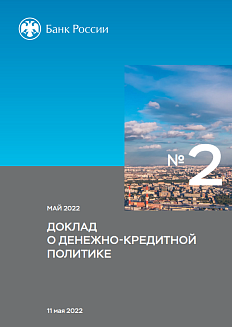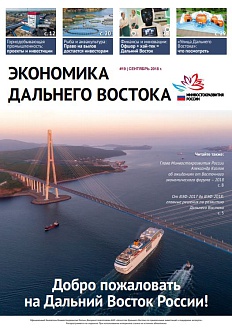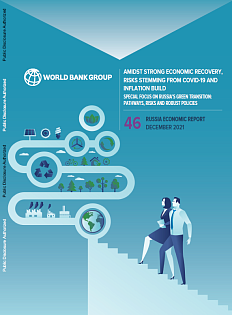The report ‘Neoliberal economic model and social inequality’ was written by Antonio Fallico, President, Conoscere Eurasia Association; Chairman of the Board of Directors, Banca Intesa. The author studies the global financial crisis of 2008, its causes, measures taken by the US government and global leaders to counter the economic recession and its consequences, as well as the role of these processes in a further rise of economic and social inequality around the world.
The effect of the neoliberal model on economy
Throughout the text, Antonio Fallico stresses the role of the neoliberal economic model. In his opinion, the implementation of this policy, although it brought economic growth, also triggered a rise in social inequality. As a proof, the author cites the Gini index (a measure of income distribution; a higher value indicates greater inequality) which in the USA reached 0.469 in 2005 compared to 0.397 in 1967.
Main causes and consequences of the crisis
The author cites a rise in speculative activity as one of the main causes of the crisis. He explores the number and the types of financial instruments found in the world in 2007, and reviews the role and the activities of banking and insurance organizations. As far as insurance companies are concerned, he author underlines the prominent role played by the American International Group (AIG) in the crisis. Separate consideration is given to the causes of the so-called financial bubble and the crisis of substandard loans.
To paint a complete picture of the crisis and its consequences, the author, having studied the historical background, proceeds to examine the steps taken by the US government to counter the crisis (such as the reform of the financial market carried out by Barak Obama — the most fundamental reform since the times of the Great Depression). The author analyzes the dynamics of GDP over that period and the repercussions of the crisis for the US and the global market. He stresses the fact that Europe felt the impact of the crisis more than the US economy did. For example, in 2008, the eurozone faced a 5.1% reduction in GDP compared to just 2.4% in the USA. Of the four main countries of the European Union, Italy was the one which suffered the most.
Present-day problems and challenges
All these facts assume special importance when considered in the context of the current negative trends and prospects of the global economy. The author points out that currently the world doesn’t have adequate instruments for overcoming a new economic crisis and recession. Among the present-day problems and challenges the authors singles out trade wars, deceleration in GDP growth in the US, loan crisis in China, mini recession in Germany, and soaring inflation in Venezuela and Argentina. The current state of non-banking financial institutions is another cause of concern.
There is also a risk of a new financial bubble because of a disproportionate growth of prices for shares compared to the amounts of dividends paid out to shareholders. Also, the problem of banks filled with non-performing loans shouldn’t be underestimated.
Importantly, the author points out, despite the economic growth, inequality within nations, as well as between regions and states is increasing. The author links this process to neoliberal economic policies and gives the following figures as an illustration. In 1995, the share of total global income accounted for by the top 1% of the world’s richest households was 18% and the richest 10% had 49%. In 2016, the global income shares of the top 1% and top 10% increased to 25% and 62% respectively.
Alternative model of economic development
This is why, Antonio Fallico affirms, to avoid a social catastrophe, it’s necessary to switch to alternative models of economic development. In particular, the following steps must be taken:
— switch to multipolar global governance;
— reform the International Monetary Fund, the World Bank, and the World Trade Organization (with due regard for the strategic role of the BRICS countries);
— recognize G20 as the primary coordination forum.
To summarize, Antonio Fallico proposes that neoliberalism should be rejected in favor of a resilient economy based on solidarity for the well-being and prosperity for everyone and for the global community as a whole. Importantly, this should be done in the nearest future.





